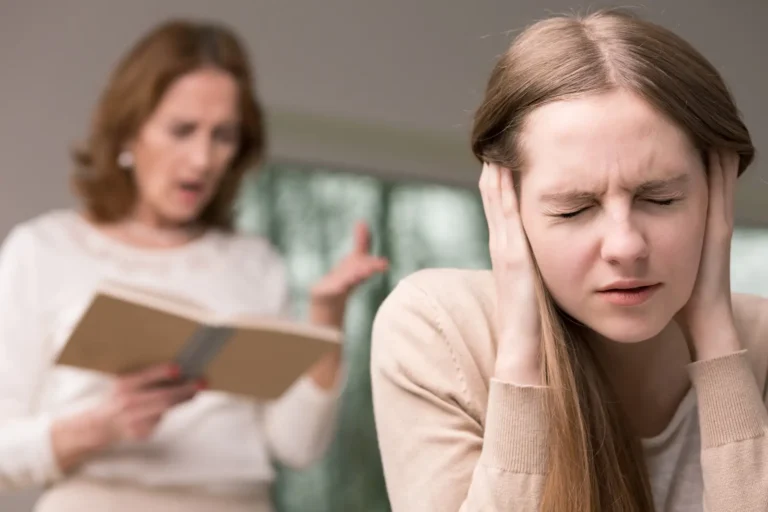10 Important Facts About Anxiety That You Probably Didn’t Know
At McNulty Counseling and Wellness in St. Pete, our compassionate team specializes in treating anxiety disorders. Here are 10 facts about anxiety that you probably didn’t know.
Anxiety is a state of fear, uneasiness, and worry triggered when faced with a challenging situation in our lives. This biological response often manifests as sweating, rapid heart palpitations, and a feeling of restlessness that prepares us to fight or flee.
However, people suffering from anxiety disorders experience these reactions even in everyday situations, disrupting their relationships, job performance, sleep, eating habits, and hobbies. If you’re suffering from anxiety, you’re not alone. It’s the most common mental health condition in the United States, affecting 18% of the total population.
1. Anxiety is the Most Prevalent Mental Illness in the U.S.
Over 40 million Americans aged 18 and older suffer from an anxiety disorder. Despite its prevalence, only 36% of sufferers seek professional help due to social stigma or misinformation. At McNulty Counseling and Wellness, we’re here to break that stigma and provide the support you need.
2. Anxiety Disorders Could Be Genetic
Not everyone exposed to traumatic events develops an anxiety disorder. Genetic factors make some individuals more prone to anxiety following exposure to stressful situations.
3. Anxiety and Depression are Interrelated
Anxiety can trigger depression, and vice versa. Those with depression may develop anxiety symptoms due to mental exhaustion, while people with anxiety can become depressed due to poor lifestyle choices, like avoiding social interactions or new experiences.
4. Women Are More Vulnerable to Anxiety Than Men
According to the ADAA, women are twice as likely as men to suffer from anxiety. Women’s fight-or-flight response is easier to activate and stays on longer than men’s, partly due to hormonal differences.
5. Anxiety Often Begins Early in Life
While anxiety is common among adults, it also affects 7% of children, according to the CDC. Without the verbal skills to express their feelings, children may show symptoms through stomach aches, headaches, or temper tantrums.
6. Anxiety Disorders Lead to Other Health Complications
Anxiety can adversely affect both mental and physical health. A Harvard study found that anxiety can lead to gastrointestinal issues, heart disease, respiratory disorders, and chronic pain. Prolonged exposure to cortisol (the hormone released during anxiety) weakens the immune system.
7. Anxiety Makes Us Feel Anger
Anxiety can make us feel isolated and powerless, leading to frustration and anger. As a result, people suffering from anxiety may become more irritable, impatient, or aggressive.
8. Anxiety Often Co-Occurs With Other Illnesses
Anxiety often co-occurs with other conditions like depression, post-traumatic stress disorder (PTSD), and obsessive-compulsive disorder (OCD), worsening symptoms and slowing recovery.
9. Stress is Not the Same as Anxiety
Although both are often used interchangeably, stress and anxiety are different. Stress is the physical response to a potential threat, while anxiety is the reaction to that stress.
10. Anxiety Can Impair Your Memory
People with anxiety are often preoccupied with future risks, making it difficult to focus on the present. This can lead to memory impairment and difficulty concentrating.
Seeking Treatment for Anxiety in St. Pete
If you’re experiencing anxiety symptoms, don’t hesitate to seek help. At McNulty Counseling and Wellness, we use Cognitive Behavioral Therapy (CBT) and other evidence-based approaches to help you find relief.
Our goal is to uncover the underlying triggers of your anxiety and guide you toward healthier thinking patterns. Your therapist will help you identify irrational beliefs and replace them with realistic, supportive thoughts that foster healthy behaviors.
Whether you prefer in-person sessions at our St. Pete office or online therapy, McNulty Counseling and Wellness can help you regain control of your life. We also offer services in Tampa and Sarasota.
Contact Us Today
Ready to take the first step toward a better life? Call us at 727-344-9867 or submit a contact form here.







